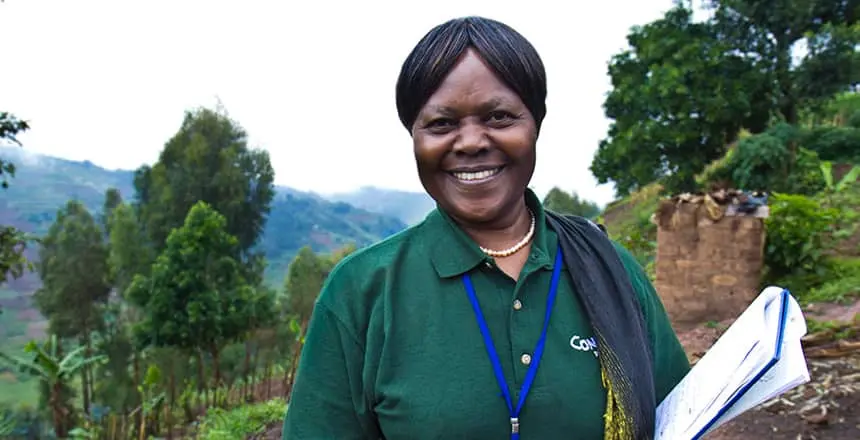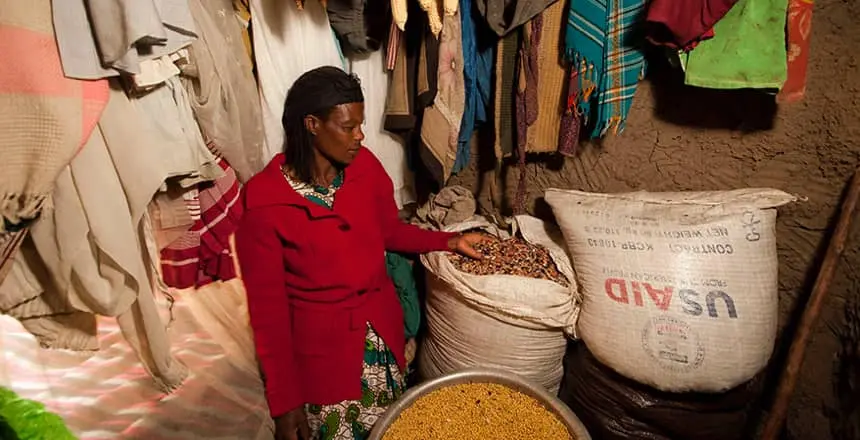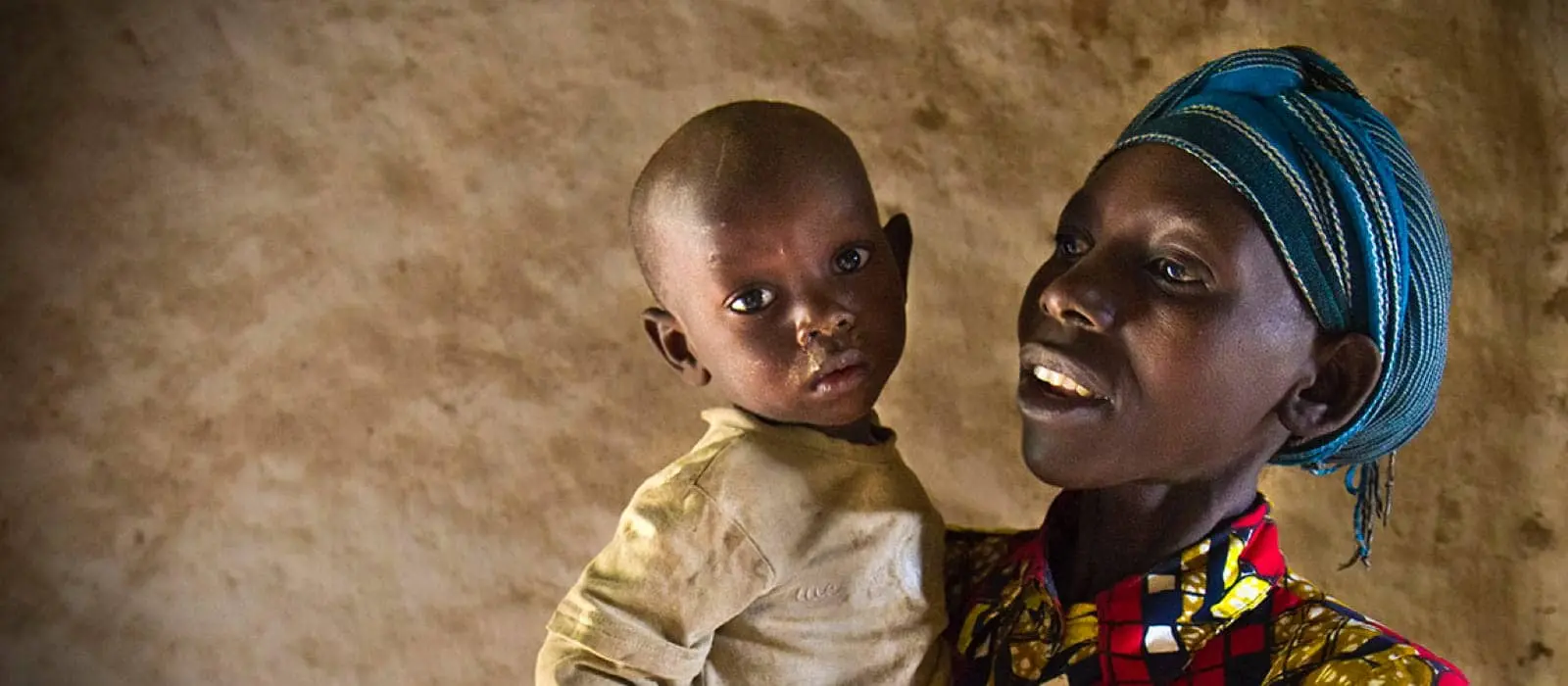We commemorate the 20th anniversary of Rwanda’s 1994 genocide and the great strides the country has since made towards peace, resilience, and recovery.
The Unimaginable
1994 was the year that the world witnessed one of the gravest acts of violence in recent history. In over just 100 days, more than 15 percent of Rwanda’s population was killed. The sheer scale, speed, calculation, and precision of the genocide of 800,000 of the minority Tutsi and moderate Hutu brought immeasurable devastation to the people of Rwanda. The country was brought to its knees, ravaged by war and mass killing. In all, 70 percent of Rwanda’s Tutsi citizens were wiped out, leaving whole communities ripped apart and the country’s social foundation destroyed.
To Rwandans who witnessed this appalling catastrophe, it appeared as if an apocalypse was unfolding within the borders of their country. When the genocidal violence finally stopped, it was only the beginning of a long journey toward peace, stability, and security. The immediate aftermath included the painful but mostly peaceful process of re-settling one million internally displaced people and two million refugees while forming a new constitution and national government.
Justice, Reconciliation, and Growth
The months and years that followed saw the unfolding of an unprecedented justice and reconciliation system involving community courts known as gacacas, the national court system, and an International Criminal Tribunal that is projected to complete its work by the end of this year. Thanks to collective effort and a strong national will from the grassroots up, the cycle of retribution that has marked other violent ethnic conflicts has not been part of Rwanda’s post-genocide history.
As a result, it is hard to fathom Rwanda’s fatal history when one visits today. The pace of change and progress in Rwanda has been simply remarkable. Peace and stability have been maintained within the country’s borders and its economic growth has been steady and substantial. The country is also renowned for being the least corrupt country in Africa and the government is regarded as one of the most accountable, efficient, and effective in its use of donor support.
Commemoration

As Rwanda commemorates 20 years after the genocide in 1994, Concern Worldwide marks 20 years of work in Rwanda. The theme for the commemoration is Kwibuka, or “remembrance,” and its goal is building national identity based on the pillars of history, testimonies, forgiveness, and healing.
As part of our own commemoration, Concern Worldwide Rwanda has produced a brochure documenting the history of our country program, measuring its pace of progress from emergency to relief to development programming in line with that of the country itself.
A Partnership For Change

Over the last 20 years, our work in Rwanda has benefited from the tremendous generosity of people and companies across the US, Ireland, and the UK as well as institutional funding from the U.S. Agency for International Development (USAID), the Irish Government, and other bilateral donors. The total program expenditure in the years from 1994 to 2013 has been approximately $131 million, which includes programming in Rwanda and responses in Burundi, Zaire (now the Democratic Republic of Congo), and Tanzania.
But the most essential resource to our impact in Rwanda has been the enduring strength and determination of the Rwandan people – our own staff, national and local government, partner organizations, and members of the communities where we have worked. The best way to understand that sheer will is through the profound human stories we will share in the coming days and weeks, such as Jean Bosco Ngwabije’s.
Concern remains committed to change in Rwanda because huge challenges remain – 40 percent of the population is still living in extreme poverty. But this is a moment for remembering, and we are honored to join our Rwandan friends and colleagues in commemoration.
Learn More about Our Work in Rwanda
Twenty Years in Rwanda:Read about our work in Rwanda over the last two decades, from our emergency response during the 1994 crisis to our current programs in education, health, and livelihoods.
Reuniting Families after the Conflict: Survivors of the genocide, Jean Bosco and his father, Karoli Kanyengano, recount what it was like to be separated and reunited after the 1994 genocide.
Remembering the Genocide: We commemorate the recovery and resilience of the people of Rwanda 20 years after the genocide in a photo essay.
Child Survival: There has been a huge improvement in the health of children under the age of five in Rwanda over the past decade. Find out how Concern and its partners have helped to contribute to that success story, through a series of interventions that have come to be known as Child Survival.
Graduating from Poverty: Concern’s “graduation” approach is steadily building sustainable livelihoods among Rwanda’s most vulnerable communities.
Reflections from a Concern Staff Member: Julienne Mukarusanga talks about her experiences helping displaced Rwandan children in the wake of the genocide.

